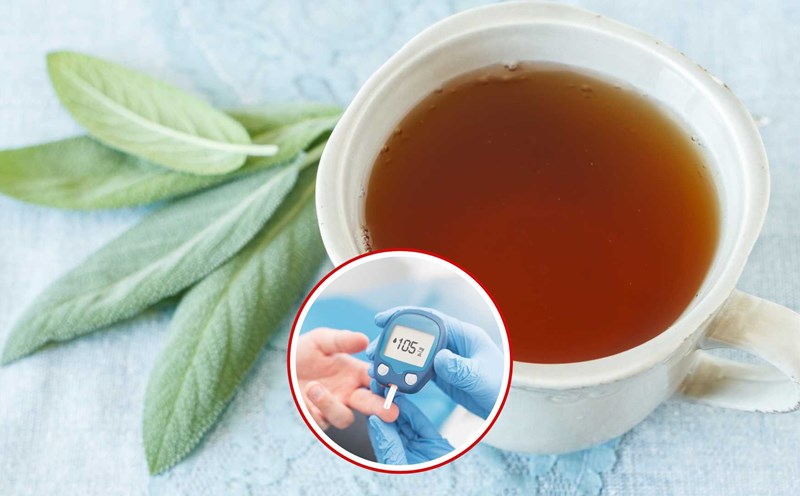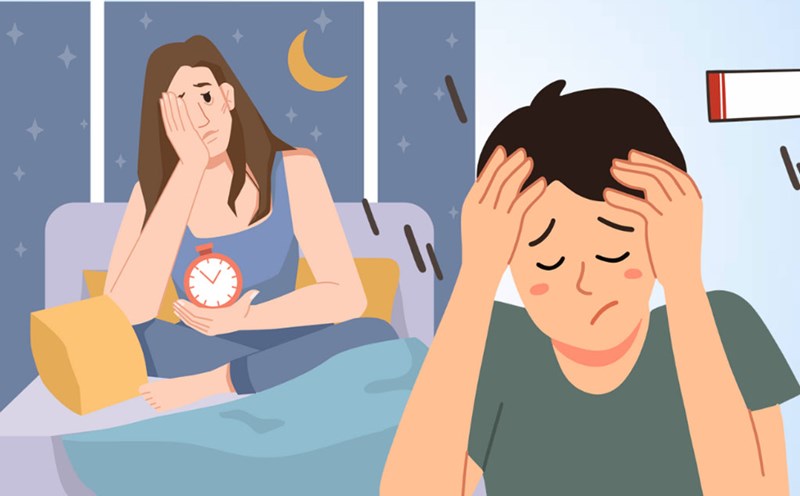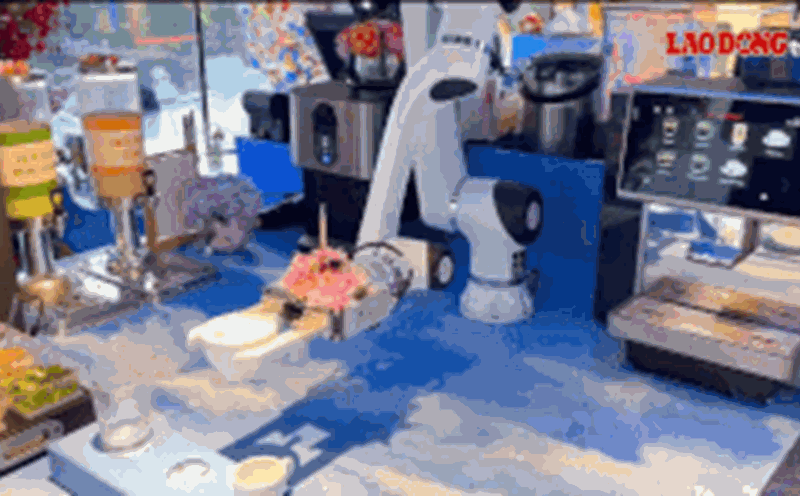Risks when chia seeds change the effects of drugs
According to Dr. Heidi Moawad ( case Western Reserve University, USA), chia seeds have the ability to affect blood pressure, blood sugar, blood lipids and absorb drugs, so people being treated for chronic diseases need to be especially careful.
Specifically, chia seeds can naturally lower blood pressure, similar to the mechanism of ACE enzymes. If taken at the same time, people with low blood pressure or taking medication may experience dizziness and low blood pressure.
In addition, chia seeds also help reduce blood sugar by slowing down the absorption of carbohydrates. For diabetics who are taking sugar-reducing drugs, eating a lot of chia seeds can cause blood sugar to drop too low, causing fatigue, shaking, and even fainting.
Experts warn against overusing
Fried chia seeds are rich in minerals and fiber, but overusing them, especially when taking medication or supplements, can cause digestive disorders, diarrhea or excess minerals in the blood, says Dr. Sohaib Imtiaz (Cridge Nutrition Center, UK).
In addition, people taking cholesterol-lowering drugs or laxatives should also be careful, because chia seeds can increase the effectiveness of the drug, leading to unwanted side effects.
Another factor that few people pay attention to is the timing of medication. Because chia seeds have the ability to slow down digestion, taking medicine immediately after eating a dish containing chia seeds can affect the speed and absorption of the medicine.
Experts recommend eating only about 2 and a half tablespoons of chia seeds per day and consult a doctor or pharmacian if you are taking long-term medication.











